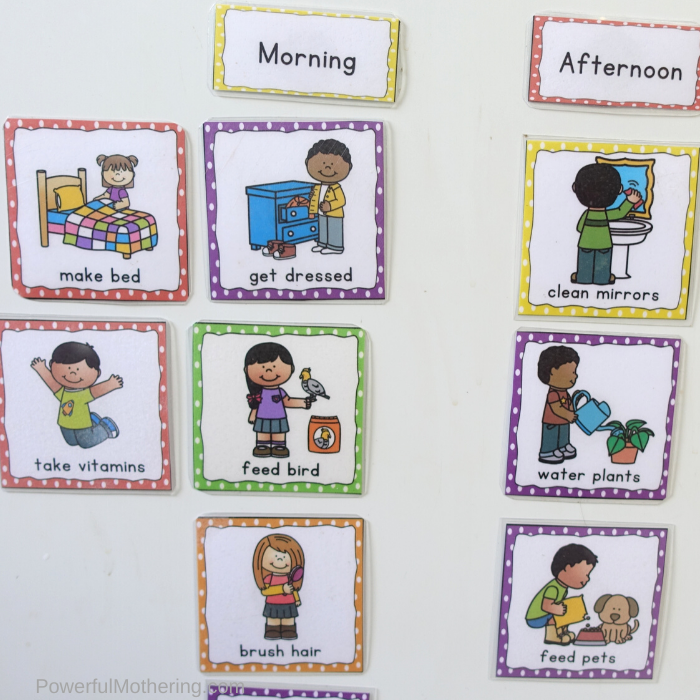Why Should Infants Start Swimming Early?
Introducing infants to swimming can be a delightful and beneficial experience for both the child and parents. This early exposure not only promotes physical health but also nurtures a lifelong love of water. At a time when parents are keen to give their children a head start, swimming emerges as an exceptional choice. Here, we delve into why including swimming in your infant’s early life activities, like those offered by SwimRight Academy, can be tremendously beneficial.
Heads up: this post may include affiliate links. If you make a purchase, I may earn a small commission at no extra cost to you. Learn more in my disclosure.

Building Blocks of Early Swimming
Swimming is not just an activity but a crucial skill that can benefit infants in myriad ways:
Enhances Physical Health: Regular swimming helps improve cardiovascular fitness, strength, and coordination much earlier in life. The gentle resistance of water makes swimming a wholesome physical exercise for infants, aiding their muscle development without straining their still-developing joints.
Boosts Cognitive Functioning: Studies suggest that engaging in activities that require complex movement patterns, like swimming, can enhance brain function. These activities stimulate brain areas responsible for coordination, balance, and spatial awareness.
Promotes Emotional Well-being: Water is naturally soothing for many infants, helping reduce stress and promote relaxation. The skin-to-skin contact often involved in infant swimming also strengthens the emotional bond between the parent and the child.
Safety and Comfort in the Water

One of the significant advantages of early swimming is increased water safety:
Early Comfort with Water: Infants who start swimming early typically develop comfort and confidence in water environments. This early familiarity can reduce the risk of water phobia later in life.
Drowning Prevention Skills: While it’s crucial to understand that swimming lessons aren’t a guaranteed preventive measure against drowning, they equip infants with basic skills and responses that can improve water safety.
Social Development Through Swimming

Group swimming classes, like those at SwimRight Academy, offer more than just swimming skills:
Enhanced Social Skills: Swimming with other infants encourages social interaction from a young age. Infants learn to take turns, share the pool space, and interact with both adults and peers in a structured setting.
Fun Learning Environment: The playful, engaging atmosphere of infant swim classes makes learning enjoyable. This positive association with water can foster a lifelong affinity for swimming.
Steps to Introduce Swimming to Infants
Starting swimming lessons for infants involves more than just splashing water. Here’s how you can make this a successful endeavor:
Choose the Right Program: Select a program that specializes in infant swimming. Programs like SwimRight Academy focus on age-appropriate, safe swimming techniques taught by certified instructors.
Gradual Introduction: Begin with short sessions to get your infant accustomed to the water and progressively increase the time as they become more comfortable.
Consistent Schedule: Consistency is key in establishing comfort and routine. Regular weekly sessions can help reinforce skills and build confidence.
Engage in the Water: Participate with your infant during swimming lessons to reassure and encourage them. Your involvement is comforting and can significantly enhance their learning experience.
Practical Tips for Infant Swimming
Proper Swim Gear: Ensure your infant wears suitable swimwear and diapers designed for water use to make the experience comfortable and hygienic.
Monitor Health: Always check your infant’s health before a swim session. Avoid swimming if your infant is unwell.
Aftercare: After swimming, gently rinse your infant with warm water to remove any chlorine, and keep them warm to prevent chills.
FAQ
Why is it beneficial for infants to start swimming early?
Starting swimming early helps in developing physical coordination, cognitive skills, and emotional bonding. It also instills a comfort and respect for water that can contribute to lifelong safety.
How old should my infant be before starting swimming lessons?
Many swimming programs accept infants from as young as six months old, but it’s always best to consult with your pediatrician to decide when your child should begin.
What are the signs my infant enjoys swimming?
Positive signs include smiling, relaxed movements, and engagement during the session. If your infant shows distress, it may be necessary to slow down and gradually increase comfort with gentle reassurance.
Can swimming improve my infant’s sleep pattern?
Many parents report that swimming helps improve their infant’s sleep patterns due to the physical exertion and the calming effects of water.
Closing Thoughts
Swimming offers numerous benefits that contribute to the holistic development of an infant. By enrolling your child in a reputable program like SwimRight Academy, you provide them with an opportunity to grow healthier, smarter, and more confident. As they splash and paddle, they aren’t just playing; they are enhancing their potential in every kick.

If you enjoyed this, be sure to explore our other printables and activities and follow our social media for more delightful learning experiences.



